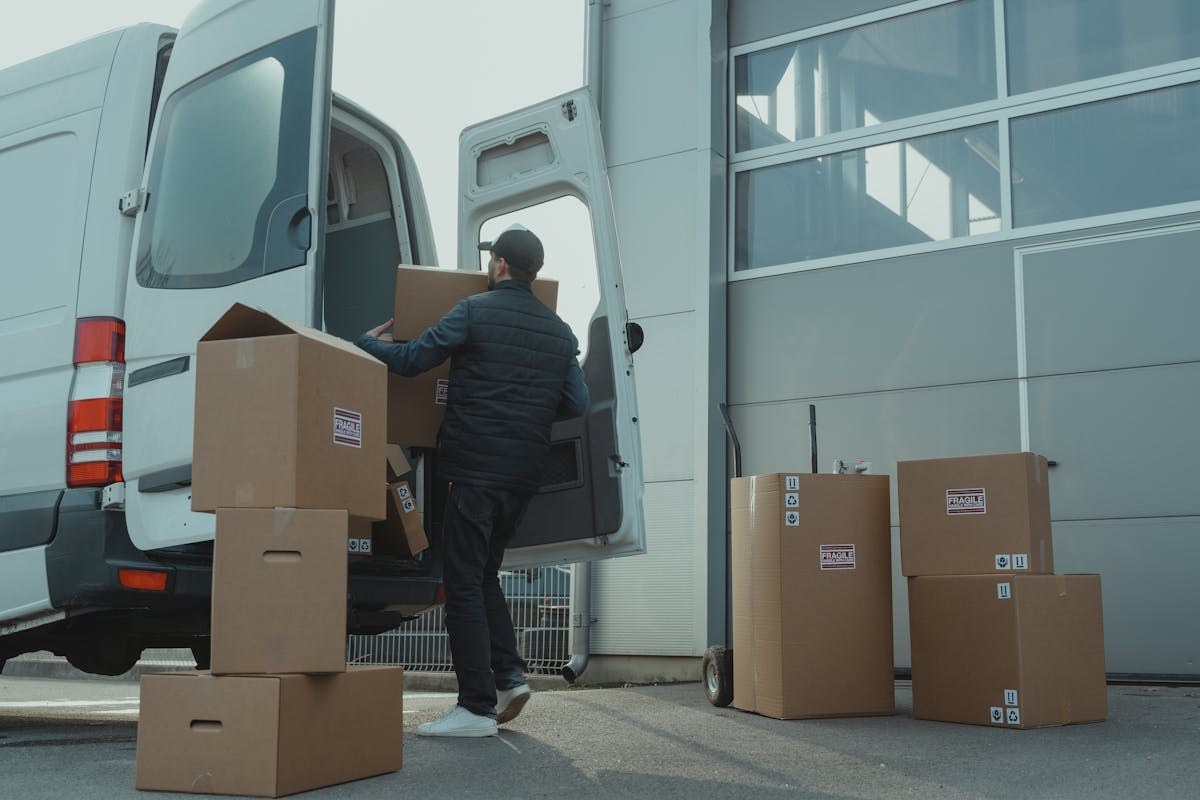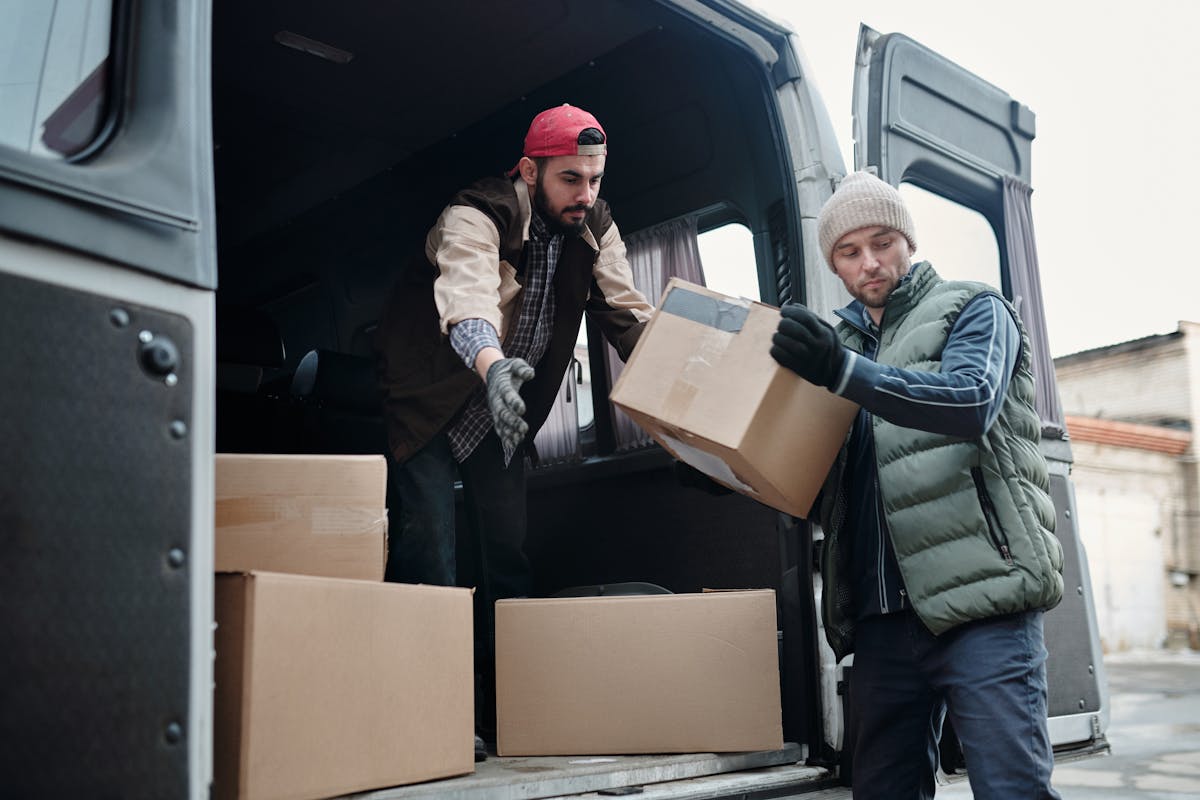Is Stealing Amazon Packages a Federal Crime?

In recent times, there has been a significant increase in the number of Amazon packages stolen from doorsteps across the nation, a phenomenon that has raised pertinent questions about the legal repercussions of such an act. While stealing in itself is a crime, the question that remains unanswered is whether stealing Amazon packages is considered a federal crime or if it is adjudicated at a state level. Exploring the intricacies of the legal system in relation to interstate commerce and theft may provide clarity on this matter, thereby stimulating a much-needed discussion on the severity and scope of this crime.
The Rise of Package Theft
In the world of e-commerce, package theft has seen a significant increase, emerging as a widespread issue. This trend is propelled by the surge in online shopping, which provides more opportunities for theft, prompting a heightened focus on package security. The shift towards a digital economy has inadvertently created a new form of property crime, which, if not addressed, can undermine consumer confidence and disrupt business operations.
The scale of the problem is alarming. According to a study conducted by C+R Research, 36% of Americans have reported having a package stolen at least once. This prevalence indicates the urgency of improving package security methods and increasing community awareness about the issue.
However, the challenge lies in its nature. Package theft is often a crime of opportunity, making it difficult to predict or prevent. It also poses an issue for law enforcement as tracking and apprehending perpetrators can be complex due to the lack of witnesses and concrete evidence.
Understanding Federal Crimes
To comprehend the legal implications of package theft, one must first understand what constitutes a federal crime. Federal crimes are offenses that violate U.S. federal laws and are prosecuted by federal law enforcement agencies under federal jurisdiction. They are distinct from state crimes, which are offenses that violate the laws of the state where they occur.
Federal crimes often involve activities that cross state lines or otherwise affect interstate commerce, hence falling under the purview of the federal government. The nature and severity of the crime, the injured party, and the location of the crime can all factor into whether an offense falls under federal jurisdiction.
A vital component of any federal crime, including package theft, is the element of criminal intent. The prosecution must prove that the defendant had the intent to commit the crime, not merely that they committed the act. In the context of package theft, this means proving the thief intended to steal the package, rather than simply finding them in possession of a stolen package.
Understanding these key aspects of federal crimes can provide a clearer picture of the legal landscape surrounding package theft. However, state laws also play a significant role in how these offenses are prosecuted, which we will explore in the next section.
State Laws on Package Theft
While federal laws provide a broad framework for addressing package theft, it is also essential to evaluate the role of state laws in this issue. Each state has its own specific laws concerning theft, and these can vary markedly regarding penalties and definitions. Consequently, developing an extensive understanding of how these laws function in relation to package theft is vital for a thorough analysis of this topic.
Understanding State Theft Laws
Package theft, an increasingly prevalent issue in the era of booming online shopping, varies in legal consequences across different states. The wide range of potential punishments reflects the diverse theft definitions established by each state’s legislature.
State variations in theft laws stem from differences in interpretation and application of legal principles. For instance, some states define theft as the intentional taking of another’s property without consent and with the purpose of depriving the owner of it. Others may broaden this definition to include obtaining property through deceit or false pretenses.
Several states have specific laws that address package theft. In Texas, for example, package theft is considered a state jail felony, punishable by 180 days to 2 years in state jail and a fine that can reach up to $10,000. Meanwhile, in California, stealing mail, including packages, falls under the state’s penal code for theft, where the severity of the crime and its punishment hinges on the value of the stolen goods.
The variations in state theft laws highlight the importance of understanding local legislations and their implications. Such knowledge can help individuals to better comprehend their rights and responsibilities, and act in accordance with the law.
Penalties for Package Theft
A vast majority of states across the United States have specific penalties for package theft, reflecting the seriousness with which this crime is treated. In the penalties overview, most jurisdictions classify package theft as a misdemeanor, with the capacity for escalated charges if the crime is recurrent or if the stolen goods exceed a certain value. Penalties can range from fines to imprisonment, or both, depending on the severity and frequency of the offense.
Theft repercussions are grave, not only for the perpetrator but also for the community at large. The thief risks their freedom and societal standing, as theft convictions often result in criminal records that can impede future employment opportunities. For the community, package theft erodes trust and security, leading to increased vigilance and protective measures.
However, the extent and nature of penalties vary from state to state. Some states, like California, have passed laws that specifically target package theft, with potential jail time for repeat offenders. These state-specific variations underline the need for a thorough understanding and respect for local theft laws to deter potential offenders and promote community security.

Are Amazon Packages Protected?
One might wonder about the level of protection afforded to Amazon packages. Package security is a significant concern for both Amazon and its customers. The company has implemented a variety of measures, integrating both technology and logistics, to deter theft and guarantee the safe delivery of packages.
Amazon’s security measures begin at the warehouse. Extensive inventory tracking systems monitor each package from the moment it is prepared for shipment until it leaves the facility. This system not only guarantees package security but also aids in establishing a clear chain of custody.
Furthermore, Amazon has introduced innovative theft deterrents like Amazon Locker and Amazon Key. Amazon Locker allows customers to have packages delivered to secure, self-service kiosks. Amazon Key, on the other hand, offers in-home, in-car, or in-garage delivery options, reducing the chances of package theft by eliminating the need for packages to be left unattended.
Amazon also collaborates closely with courier services to guarantee that their delivery practices align with the company’s commitment to package security. Whether by using GPS tracking on delivery vehicles or requiring delivery confirmation, these measures provide an additional layer of protection against package theft.
Legal Consequences of Package Theft
If you’ve ever thought of pilfering an unattended Amazon package, you might want to reconsider. This seemingly benign act can have serious legal ramifications. Theft statistics suggest that package theft is not just a minor, petty crime, but a growing concern that is being seriously addressed by the law enforcement agencies.
In most states, the severity of the crime is determined by the value of the stolen items. However, regardless of the value, package theft can be prosecuted as a misdemeanor or felony, leading to fines, probation, or even incarceration. The exact penalties vary from one jurisdiction to another, but a felony conviction can result in hefty fines and imprisonment for up to five years.
Moreover, if the stolen package was transported across state lines, or if the theft was part of a larger criminal operation, it could be prosecuted federally. This increases the potential penalties considerably, with the possibility of multi-year federal prison sentences.
Prevention Methods Against Theft
Given the legal consequences of package theft and the increasing prevalence of this crime, it is important for consumers and online retailers alike to explore various methods of prevention. One widely used method stems from community initiatives. Neighborhood watch groups, for example, can help deter package theft by maintaining a vigilant presence, fostering a sense of accountability among residents, and promptly reporting suspicious activity.
Technology solutions also play a crucial role in prevention, with options ranging from security cameras to smart doorbells offering real-time surveillance. Some consumers opt for package lockers or secure delivery boxes, which provide a physical barrier against theft. Additionally, online retailers are investing in technology to enhance delivery security; Amazon, for instance, has introduced Amazon Locker and Amazon Key, services that allow secure, unattended package deliveries.
Reporting Stolen Amazon Packages
In the unfortunate event that an Amazon package goes missing, customers are advised to take immediate action. This involves promptly initiating the process of theft reporting to both Amazon and local law enforcement authorities.
Amazon has established a thorough system for handling such incidents. Customers should first confirm that the package was indeed delivered by checking the tracking information. If it was delivered but is not found, customers should wait 48 hours before reporting, as packages can sometimes be marked as delivered before they actually arrive. In case the package is still missing after this period, customers should contact Amazon customer service to report the theft.
Theft reporting is essential not only for possible recovery but also for claiming package insurance. Amazon’s A-to-z Guarantee Protection covers customers against loss of eligible purchases, including instances of package theft. However, it is essential to understand that this package insurance applies to goods sold by Amazon.com or its direct sales partners.
Moreover, reporting the theft to local law enforcement can help in tracking down the perpetrator and possibly preventing future incidents. While theft of Amazon packages may not be a federal crime, it is a crime nonetheless, punishable by local laws.
Frequently Asked Questions
What Are the Psychological Reasons Behind Stealing Packages?
Package theft often stems from impulsive behavior, driven by immediate gratification. Social influences, such as peer pressure or societal norms, can also contribute. However, individual psychological complexities necessitate a more thorough examination for a complete understanding.
Do Security Cameras Significantly Deter Package Theft?
Security cameras, as part of broader security measures, can greatly deter package theft. Their presence, combined with neighborhood watch activities, creates a heightened risk perception for potential thieves, reducing the likelihood of opportunistic thefts.
What Are the Most Common Items Stolen From Amazon Packages?
The most common items stolen from Amazon packages, according to recent package theft trends, include high-value electronics, designer clothing, and beauty products. These items are frequently targeted due to their resale value and demand.
How Does Amazon Deal With Frequent Package Theft in a Particular Area?
Amazon addresses frequent package theft in specific areas by implementing package theft prevention strategies, such as Amazon Locker and Amazon Key. They also encourage customers to form neighborhood watch groups for cooperative surveillance and reporting of stolen packages.
Can Stolen Amazon Packages Be Traced or Tracked?
Yes, Amazon packages can potentially be traced or tracked. Amazon’s sophisticated package tracking system, combined with theft prevention measures, can assist in locating stolen packages, improving the chances of recovery and combating package theft overall.
